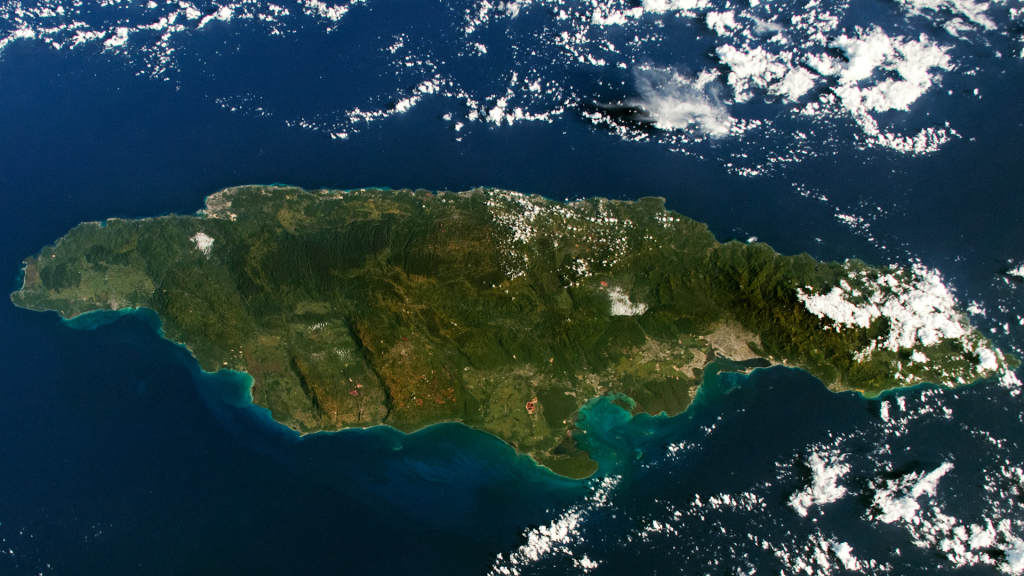
Lets take a moment to examine a number of Jamaican issues that whose solution may be found in a constitutional change. Then we will suggest operating system insights that may provide some guidelines on the form those changes may take.
Jamaica suffers from high crime rate, praedial larceny, and squatting which is an overhead cost on its economy. The Crime Monster drives up the cost of security to citizens, the corporations, and to the government. Most homes have security fences and burglar bars. In many cases homes and businesses include surveillance equipment, security guards, and remote control gates. Security efforts also have an impact on the nation’s energy cost and trade deficit since it slows down traffic flows and requires machinery and equipment which burn fuel.
A substantial proportion of university educated citizens migrate to foreign countries seeking jobs and/or safety because they can. STATIN statistics show that about 35% of Jamaicans (approx 1.3 Mil) born since 1960 do not live on the island. Although government statistics show a 13% unemployment rate, we found that, in the age group from 20 to 64, 21% to 33% of citizens are unemployed, out of the workforce, or unaccounted for in employment statistics. Now some of these may be college students, home makers, disabled, or otherwise dependent. However some of these may be driven to crime through lack of employment. Others may be driven to crime through under employment.
The energy resources of the island is largely imported although we do have abundant energy in our environment. Imported fuel drives up the cost of goods that Jamaicans produce. We import foods and other products some of which could be created locally. These factors make the country less competitive in international trade.
Another impediment to local and international trade is the road network which lacks maintenance. In some rural and residential areas the roads have not be serviced in more than 30 years. The overhead cost for commercial deliveries can be seen in slowed traffic, the lack of certain addresses, and the cost of imported parts for repairing machinery damaged by roads.
Some services a state would be expected to provide are inadequate for a growing 21st century economy. For example there are many properties that do not have a postal address, and many citizens without even a post office box. How are commercial packages to arrive at a destination efficiently under these conditions?
In many cases land resources are underutilized by miss-allocation, probate delays, squatting, and title rights. Miss-allocation of resources can be seen when large tracts of prime agricultural land are deployed to grow crops that do not optimize the return on investment. For example growing sugar at 0.30 USD per kilogram when peppers, tomatoes, or olives may be grown at 2.00 USD per kilogram.
In many parts of the country folk live on what is called family land. This happens when the original owner dies and their children don’t know how to or cannot afford to go through probate. Eventually property taxes get into arrears and equity built up from property improvements cannot be realized because the land is legally encumbered.
Many citizens disregard current laws. Its is demonstrated in infringements of the traffic code in Kingston every day. Still others feel justified in occupying and reaping products from another’s property. In the words of a citizen, “Rasta don’t live on Capture land. All land belong to JAH… not the queen.”<>
